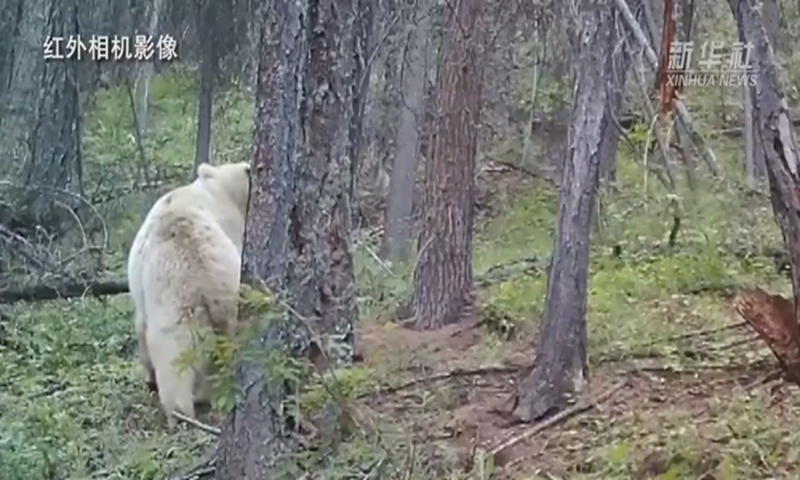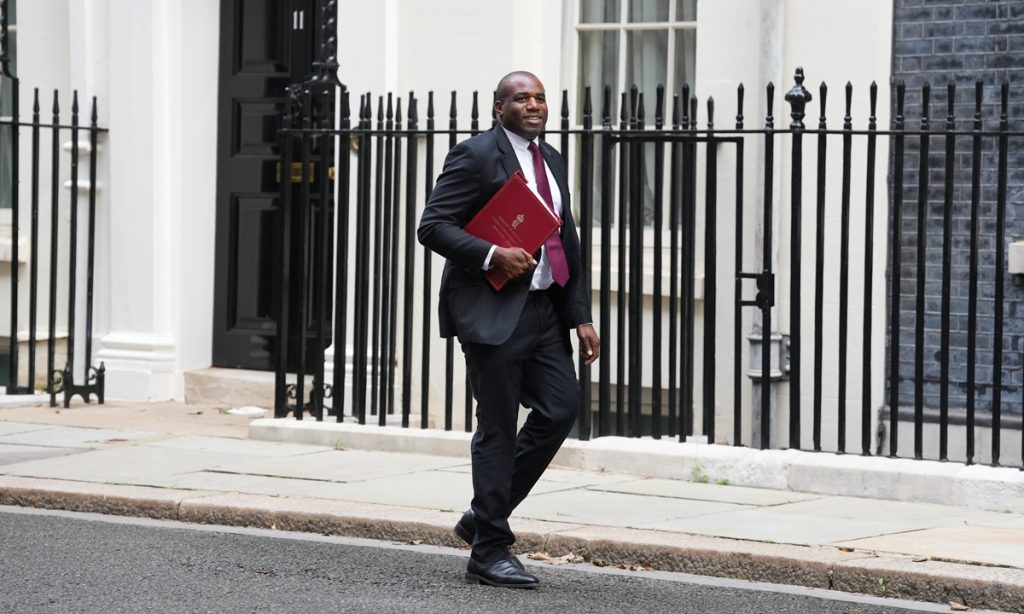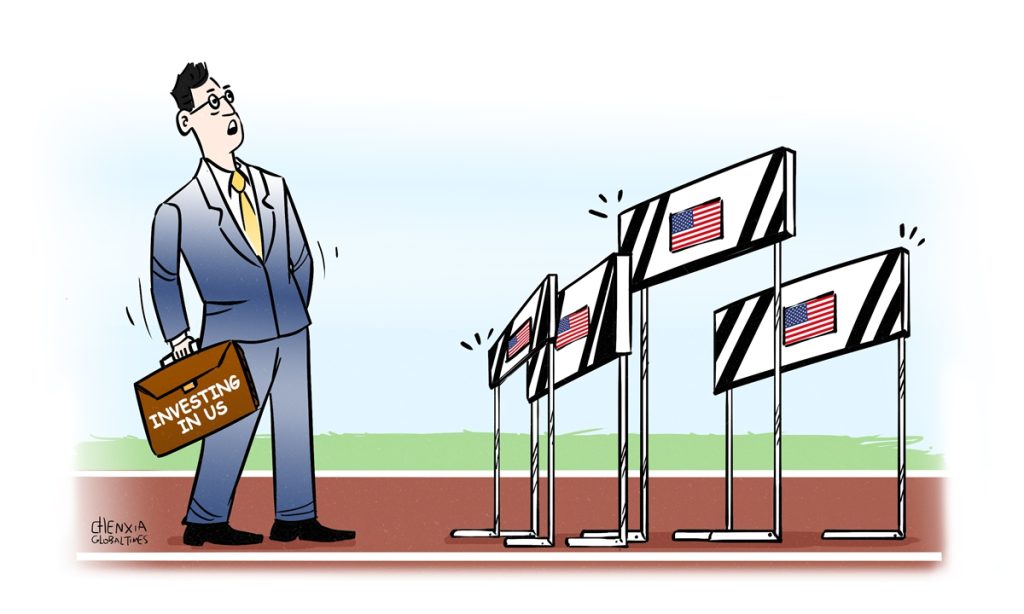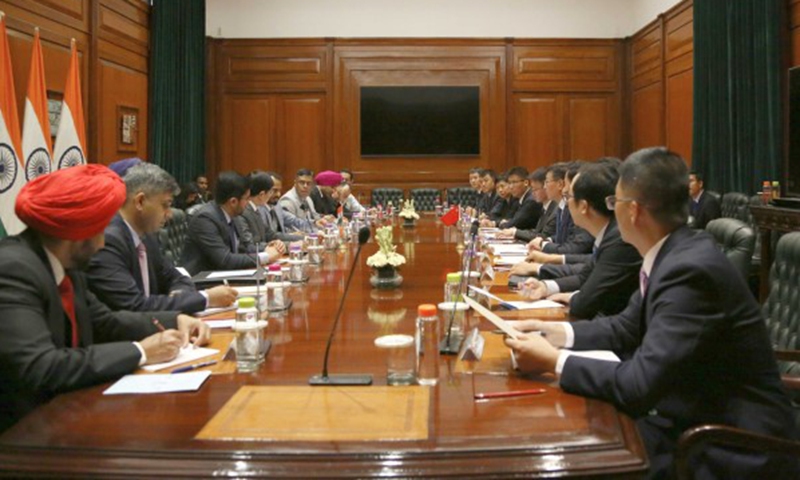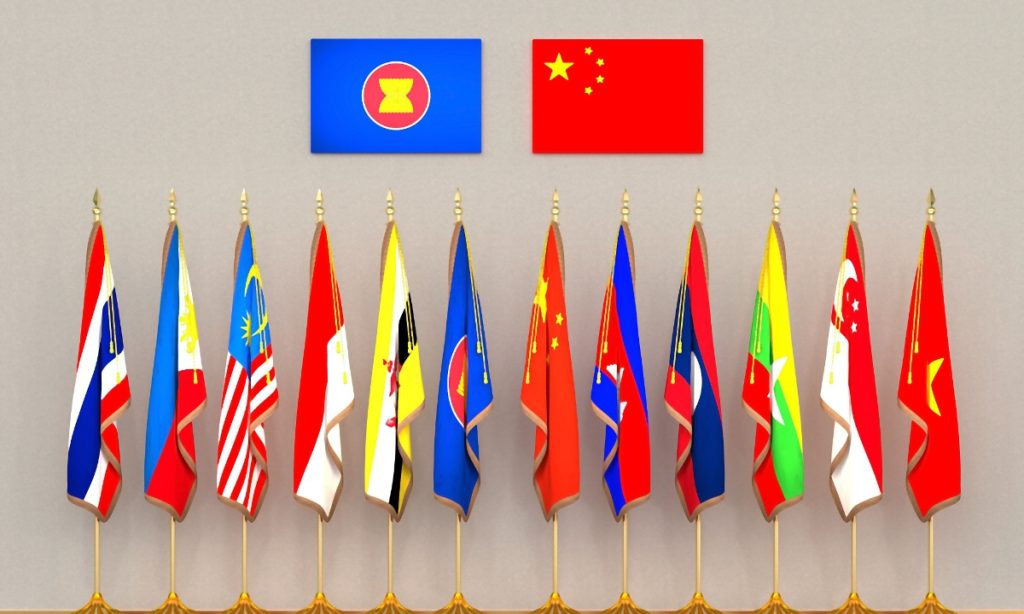Fire at Zaporizhzhia nuclear plant spurs fear as Russia, Ukraine trade blame
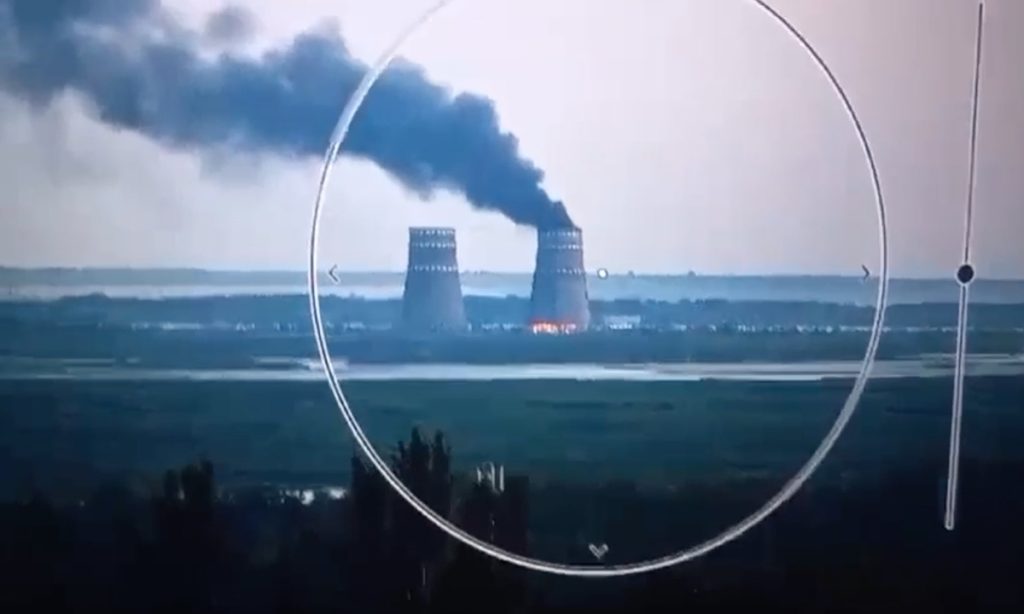
Concerns over a "nuclear catastrophe" grow after Russia and Ukraine accused each other for a fire in Zaporizhzhia Nuclear Power Plant (ZNPP) in Ukraine and the increasing risk of a Kursk Nuclear Power Plant (KNPP) attack, as the Russia-Ukraine conflict entered into a new phase with Ukraine recently entering Russian territory for the first time.
The International Atomic Energy Agency (IAEA) has urged both Russia and Ukraine to exercise maximum restraint and stop reckless attacks which may cause nuclear accident. Chinese analysts also called on all parties to prevent the situation from escalating or even getting out of control, so as to avoid nuclear disaster for Europe and all mankind.
According to a statement released by the IAEA, their experts have witnessed "thick dark smoke coming from the north-western area of the plant, after hearing multiple explosions" throughout Sunday evening. And the Russian-controlled ZNPP informed them that a drone had allegedly struck one of the plant's two cooling towers.
ZNPP has confirmed to IAEA that there is no risk of elevated radiation levels as there is no radioactive material in the vicinity of the alleged attack area. However, any kind of fire on the site or in its vicinity represents a risk of spreading the fire also to facilities essential for safety, the IAEA said.
IAEA Director General Grossi reiterated that any military action taken against the plant represents a clear violation of the five concrete principles for protecting the facility, which were established at the United Nations Security Council in May last year.
"These reckless attacks endanger nuclear safety at the plant and increase the risk of a nuclear accident. They must stop now," said Grossi.
The IAEA did not mention who was responsible for the attack while Moscow and Kiev accused each other for the accident.
Russian Foreign Ministry spokesperson, Maria Zakharova accused Kiev of deliberately trying to destroy the plant and sow "nuclear terror."
Ukrainian President Volodymyr Zelensky said Sunday that Russia started a fire on the grounds of the Zaporizhzhia nuclear power plant, according to a Politico report. Ukraine's Energoatom said Russia's "negligence" or arson could have sparked the fire. It also said Russia uses the plant's cooling towers to store military equipment and explosives.
ZPPN has been caught in the crossfire since Russia sent troops into Ukraine in 2022 and seized the facility afterward. The IAEA has repeatedly expressed concern about the nuclear power plant, Europe's largest, amid fears of a potential nuclear catastrophe, the AP reported.
The ZNPP incident came shortly after Ukraine launched an offensive in Russia's Kursk region. Russia on Friday notified the IAEA that Ukrainian armed forces pose a "direct threat" to Kursk Nuclear Power Plant (KNPP), as suspected fragments of intercepted rockets were discovered near the plant following a Ukrainian armed force attack.
On the day, IAEA General Grossi urged the two sides to "exercise maximum restraint" to ensure nuclear safety and security of the KNPP during armed conflict.
After the Chernobyl disaster, Europeans are highly concerned about the safety of nuclear power plants, which has also been used as weapon in public opinion warfare by both Russia and Ukraine to accuse each other of attempting to create a large-scale humanitarian crisis, said Cui Heng, a scholar from the Shanghai-based China National Institute for SCO International Exchange and Judicial Cooperation.
According to Cui, although Russia has always mentioned the possibility of using tactical nuclear weapons, especially in the case of an attack on the homeland, given that Russia still has the initiative on the battlefield, there is no reason to trigger a nuclear war.
However, the current situation shows that the possibility of a large-scale nuclear leak, caused by attack on a nuclear power plant, is increasing, Cui said.
The conflict has become increasingly complex and chaotic, which made it even more difficult to grasp the real situation immediately and avoid miscalculation of the situation. In this case, the risk of nuclear power plants being attacked, whether intentionally or not, has become greater, Cui said.
For Europe and the world, nuclear disaster, or some other kind of nuclear crisis, is indeed getting closer, Li Haidong, a professor from the China Foreign Affairs University, told the Global Times on Monday
The international community should step up efforts to get Russia and Ukraine to at least reach a consensus on the protection of nuclear facilities, Li noted.
Urgent challenge
Since Ukraine's surprise military incursion into Russia's Kursk border region on August 6, the military conflict has entered a new phase.
Russian President Vladimir Putin has called the incursion a "large-scale provocation" by Ukraine, while the Russian state news agency TASS reported that more than 76,000 people had been evacuated. Russia also said that the Ukrainian attack has caused more than 60 civilian casualties.
Ukraine's armed provocation on the Russian border aims to bolster Kiev's position in future talks, but talks with a government that attacks civilians make no sense, Putin said, TASS reported.
On Saturday, Belarus also said it would send more troops to its border with Ukraine, claiming Ukrainian drones had violated its airspace as part of Kiev's military incursion into the Kursk region.
Commenting on the development, a Chinese Foreign Ministry spokesperson on Monday said the Chinese side calls on all parties to observe the three principles for deescalating the situation, namely no expansion of the battlefield, no escalation of fighting and no fueling the flame by any party.
China will continue to maintain communication with the international community to play a constructive role for the political settlement of the crisis, said the spokesperson.
"Both sides are trying to maximize their bargaining leverage on the battlefields," Cui said. "And in this way, they are also using up the time period before the US election, as the result of US presidential election may be the most crucial variable in this conflict."
But meanwhile, the escalation of conflict is still worrying for some analysts, especially with the absence of enough signs of easing.
The White House has said it was not made aware prior to the attack, but it said the attack was consistent with US policy with regard to what Ukraine can and cannot do with US weapons.
The intransigence of each side in a conflict with the ultimate goal of defeating the other, and the fact that the conflict involves nuclear powers and nuclear facilities, is a classic harbinger of an escalation that could spiral out of control, Li said.
"Whether the crisis can be resolved constructively is an urgent challenge facing the international community," Li said. "If the escalation cannot be effectively curbed, in the context of highly developed science and technology and the huge lethality of weapons, the possibility of a survival crisis for humans will always exist, and any catastrophic scenario may appear."
"This possibility should remind policy makers and citizens of all countries to avoid war and the escalation of crises, and work toward easing situations as much as possible as the urgency seems to be more and more prominent," said Li.

